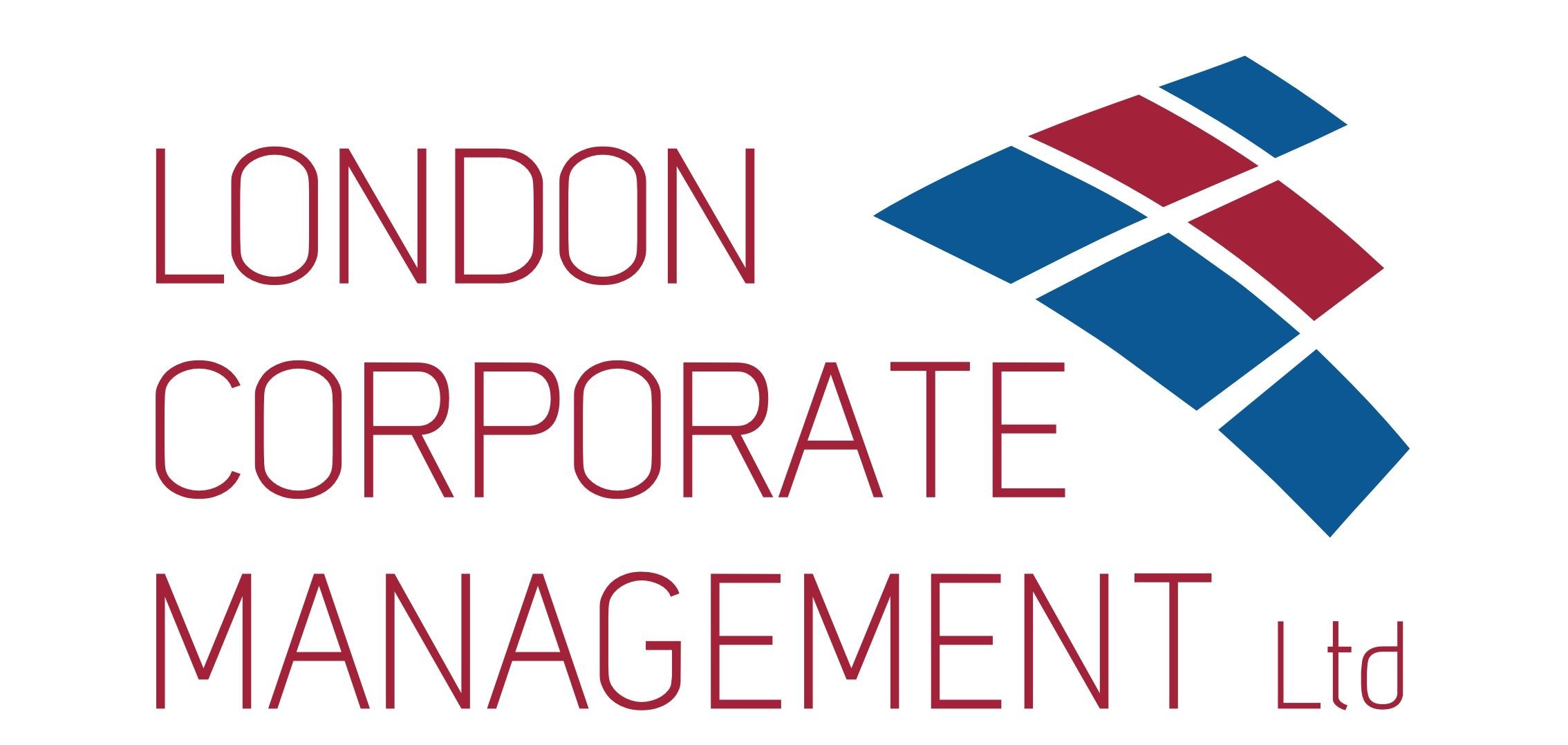Double tax relief
In this week’s article, we will take an in-depth look at double tax relief (DTR). What DTR is, who it is available to and the forms of relief that are available.

What is double tax relief?
In this week’s article, we will take an in-depth look at double tax relief (DTR). What DTR is, who it is available to and the forms of relief that are available.
As you would expect, UK resident companies are subject to UK corporation tax on their income. However, sometimes a UK resident company’s income may include worldwide income.
For example, income that has arisen in another country such as Germany, Italy or the US just to name a few.
A UK resident company is still liable to UK corporation tax on its overseas/worldwide income. Furthermore, that worldwide income may also be taxable in the state that it has arisen.
Without any form of relief, this gives rise to double taxation. The UK company would be subject to tax in the state where the income has arisen. Then subject to tax again in the UK because of its UK residency status.
Double tax relief looks to benefit companies so as to eliminate the double tax position. Giving companies the option to claim relief for any foreign tax suffered on certain income. Thus meaning, that the company will only suffer tax once as opposed to twice.
Who can claim double tax relief?
Double tax relief is available to all UK resident companies.
However, it is only beneficial to companies who have suffered overseas/foreign tax on some or all of their income.
A UK company who has not suffered any foreign tax will not see any benefit from making a claim for double tax relief.
Typical examples of where the relief may be beneficial is where a company has suffered withholding tax in another country on sales, interest or royalties.
How does does double tax relief work?
There are two forms of double tax relief. Credit relief and deduction relief.
We will look at both of these in turn.
However, both work with the intention of elimination the double tax charge. Thus, leaving the company in a position where it has effectively only suffered tax once on that income.
Credit relief
UK companies may claim a credit for the overseas tax that they have suffered.
This credit may then be offset against the UK charge to corporation tax. Thus, reducing the overall amount of UK corporation tax payable.
This is credit relief.
If the overseas charge to tax is greater than the UK charge to tax, sometimes the excess credit can be carried forward and used against future overseas income. Or, sometimes carried back one year.
The aim of this is to not “waste” any tax credits.
It is important to note that credit relief can only be claimed against the UK corporation tax charge on the same type of income.
It is not possible to offset the credit against a UK corporation tax charge on other types of income. For example, income arising in the UK.
Another important note is that a company can only claim a credit for the lower of the foreign tax paid or the UK tax liability on that income.
In cases where the UK tax liability on that income is lower than the foreign tax paid, it is not possible to claim full relief.
Therefore, some of the foreign income may still be liable to double tax.
Deduction relief
Deduction relief is the second form of double tax relief available to companies.
Usually, credit relief will be more beneficial to companies than deduction relief.
However, in cases where credit relief does not give full relief for the foreign tax paid, it may be more beneficial to claim deduction relief.
As we saw above, this may be where the UK charge to corporation tax on that income is lower than the foreign tax paid on that income.
Deduction relief works by claiming a deduction against the income, thus reducing the amount of taxable income.
Therefore, less income is subject to UK corporation tax.
A company can choose between credit relief or deduction relief depending on which is most beneficial to that company in that year.
We hope that you found this article useful. If you have any questions on double tax relief, please do get in touch.
